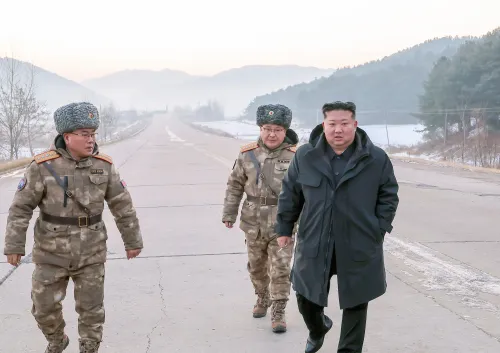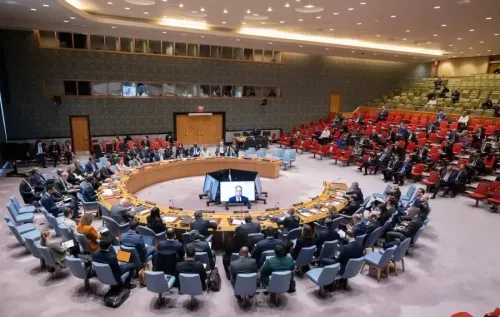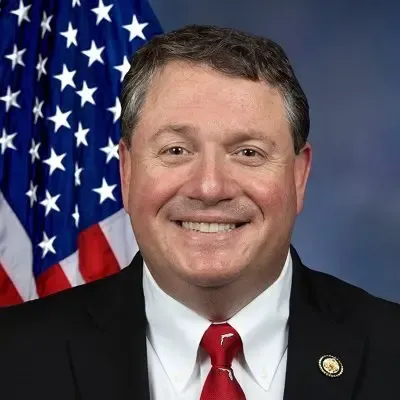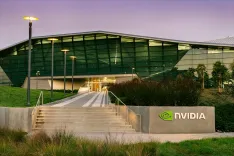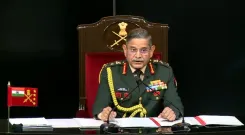Are India and the US Aligned on Regional Security Threats?
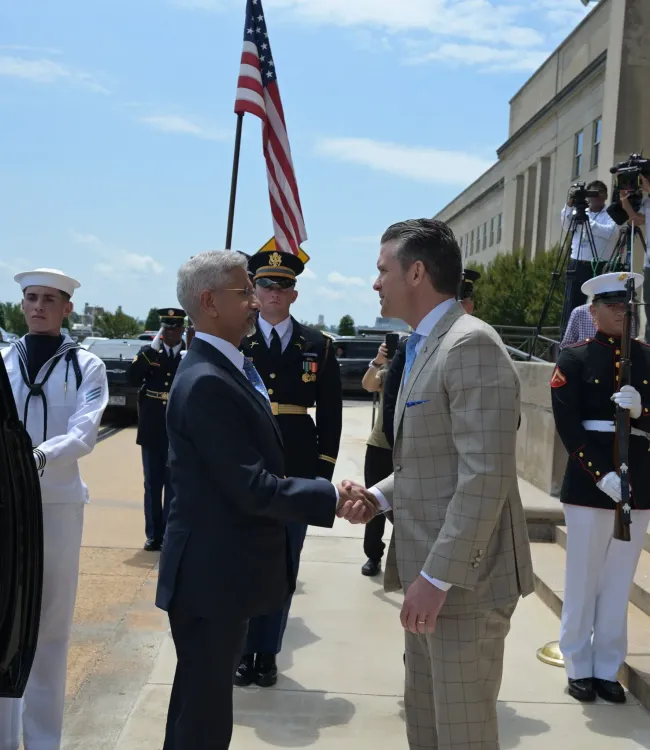
Synopsis
Key Takeaways
- Mutual recognition of security threats: The US and India acknowledge shared regional security concerns.
- Enhanced defence cooperation: Ongoing discussions aim to strengthen defence collaboration and capabilities.
- Indo-Pacific stability: Actions taken in the Indo-Pacific are critical for regional strategic stability.
- Major defence partnership framework: A new 10-year framework is anticipated to be formalized soon.
- Technological innovation: The INDUS-X Summit will focus on advancing defence technology and manufacturing.
Washington, July 2 (NationPress) In a recent discussion with External Affairs Minister S. Jaishankar, US Defence Secretary Pete Hegseth emphasized the mutual recognition of regional security concerns between the US and India, asserting their capability to effectively address these threats together.
"We are excited to collaborate with you in achieving our common objectives. These goals are profound and continuously evolving," Hegseth remarked at the outset of their meeting at the Pentagon.
Jaishankar highlighted that the defence cooperation between India and the US is regarded as one of the most significant pillars of the US-India partnership.
"It's founded not just on shared interests, but on a genuine deepening of convergence in capabilities and responsibilities," Jaishankar noted. "Our actions in the Indo-Pacific are vital for maintaining its strategic stability."
Although the relationship is already robust, he acknowledged there is still potential for further enhancement.
"The world is intricate," he stated, "and undoubtedly, our alliance can create substantial impact. This is not solely for us but also for the wider region."
Hegseth expressed satisfaction with the successful incorporation of various US defence systems into India's arsenal. "Building on this progress, we aspire to finalize several significant pending US defence sales to India, broaden our mutual defence industrial collaboration, and enhance interoperability... between our forces, aiming to formally endorse a new 10-year Framework for the US-India Major Defence Partnership... very shortly," he stated.
The Pentagon confirmed discussions around arms sales and the partnership framework took place.
The upcoming INDUS-X Summit, where both nations will advance US-India defence industrial collaboration and innovate in technology and manufacturing, was also a topic of conversation.
Post-meeting, Jaishankar shared on X, "I had a fruitful dialogue on progressing the India-US defence partnership, capitalizing on the growing alignment of interests, capabilities, and responsibilities."
Jaishankar is in Washington for the Quad ministerial meeting alongside US Secretary of State Marco Rubio and Foreign Ministers Anthony Albanese of Australia and Takeshi Iwaya of Japan.
Prior to meeting Hegseth, Defence Minister Rajnath Singh communicated with him and expressed on X their "excellent discussion to review ongoing and upcoming initiatives aimed at further strengthening the India-US defence partnership and enhancing cooperation in capacity building."
Singh conveyed his "deep appreciation for the unwavering support provided by the US to India in its fight against terrorism" and expressed eagerness for future meetings.
Hegseth welcomed Jaishankar with an enhanced military honour cordon and a Navy band performing American patriotic melodies along with the Jana Gana Mana.
The Defence Secretary remarked that former US President Donald Trump and Prime Minister Narendra Modi established a solid foundation for the relationship, which they are now building upon: productive, pragmatic, and realistic.
"Our nations share a rich and growing history of collaboration driven by a mutual commitment to a free and open Indo-Pacific," he added.
The Pentagon noted that India has already integrated US-made military equipment including the C 130J Super Hercules, C 17 Globemaster III, and P 8I Poseidon aircraft, along with the CH 47F Chinook, MH 60R Sea Hawk, and AH 64E Apache.
India has also deployed Harpoon anti-ship missiles, M777 howitzers, and MQ 9Bs.



